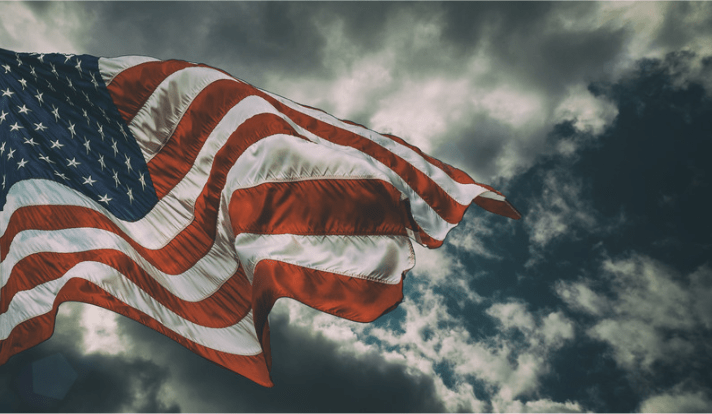Medical marijuana is a big deal these days. PTSD has been a big deal for quite some time. Veterans have long turned to recreational drugs, marijuana included, to self-medicate for PTSD. With more states allowing their citizens to be prescribed marijuana for medicinal purposes — up to 21 and Washington, D.C. — a growing number of veterans can now legally get their hands on marijuana. The question, though, is how does the VA react when veterans disclose their legal us of medical marijuana for PTSD?
Does the VA Permit Marijuana Use?
Michael Krawitz, the president of Veterans for Medical Marijuana Access, has indicated that the VA is forcing veterans to choose between their prescription narcotics—such as Vicodin, Oxycontin and Percocet—or their marijuana. Krawitz does not view that as a proper ultimatum, saying that “[the use of marijuana alone] certainly is not a replacement for somebody’s narcotic pain medication.”
The rub is that VA doctors are not allowed to recommend medical marijuana to their patients. However, there is no specific rule that says their patients cannot participate in the state marijuana programs. Additionally, veterans who are receiving monetary benefits from the VA cannot have the benefits taken away, but their treatment could be altered as a result.
When a veteran is prescribed narcotic painkillers they are required to sign an opioid pain care agreement, thus consenting to a urine, saliva or blood test. This test is to ensure that the veteran is actually taking the drugs, not taking too much and taking with enough regularity that they could not be supplying the drugs to someone else. Though obviously the test can show if someone is using marijuana.
At present the VA does not actually track the number of veterans that are reporting medicinal marijuana. And even if the numbers were known, it certainly would not include the veterans who simply are reluctant to tell their doctors.
Though the VA is saying that it is the individual doctor’s choice to make the veterans choose one over the other, Krawitz says that when presented with a choice, many vets are opting to stick with marijuana. Though people can react differently, narcotics can cause one to be jittery, unpredictable and reactive, while marijuana tends to cause someone to be more subdued.
Does Medical Marijuana for PTSD Actually Help?
Though I said veterans have been self-medicating for years, and more like decades, the medical community itself is not clear yet on the value of marijuana to treat PTSD. The University of Arizona is close to receiving the green light on a study of how medical marijuana affects veterans with the condition.
The study was proposed three years ago. It first got the stamp of approval from the FDA in 2011. Earlier this year it got its second okay from the Public Health Service of the Department of Health & Human Services. Now it is just waiting for the go ahead from the DEA.
The plan is for the study to examine 50 veterans with moderate to severe symptoms of PTSD over the course of 10 weeks. The marijuana would come from the only federal marijuana farm, located at the University of Mississippi. The participants would receive varying amounts of THC, the active ingredient in marijuana.
At present only six states specifically list PTSD as a qualifying condition to receive medical marijuana: Connecticut, Delaware, Maine, Nevada, New Mexico and Oregon. With no federal medical marijuana law, Krawitz said, “state laws are the only way to protect veterans’ access to cannabis.”
Do You Have Questions About Disability Benefits for PTSD?
If you are suffering from PTSD, you may also qualify for veterans’ disability compensation benefits. We’re here to answer your questions. Complete our free case evaluation form.

How to Calculate Your VA Disability Back Pay
How to Calculate Your VA Disability Back Pay The VA disability claims process isn't quick. The VA...

Chapter 31 (VR&E) and What You Need to Know about Your Disability Benefits
Chapter 31 (VR&E) and What You Need to Know about Your Benefits Monthly monetary benefits and...

How to Speed Up Your VA Disability Claim
How to Speed Up Your VA Disability Claim The VA says that in January of 2024, the average time for...





